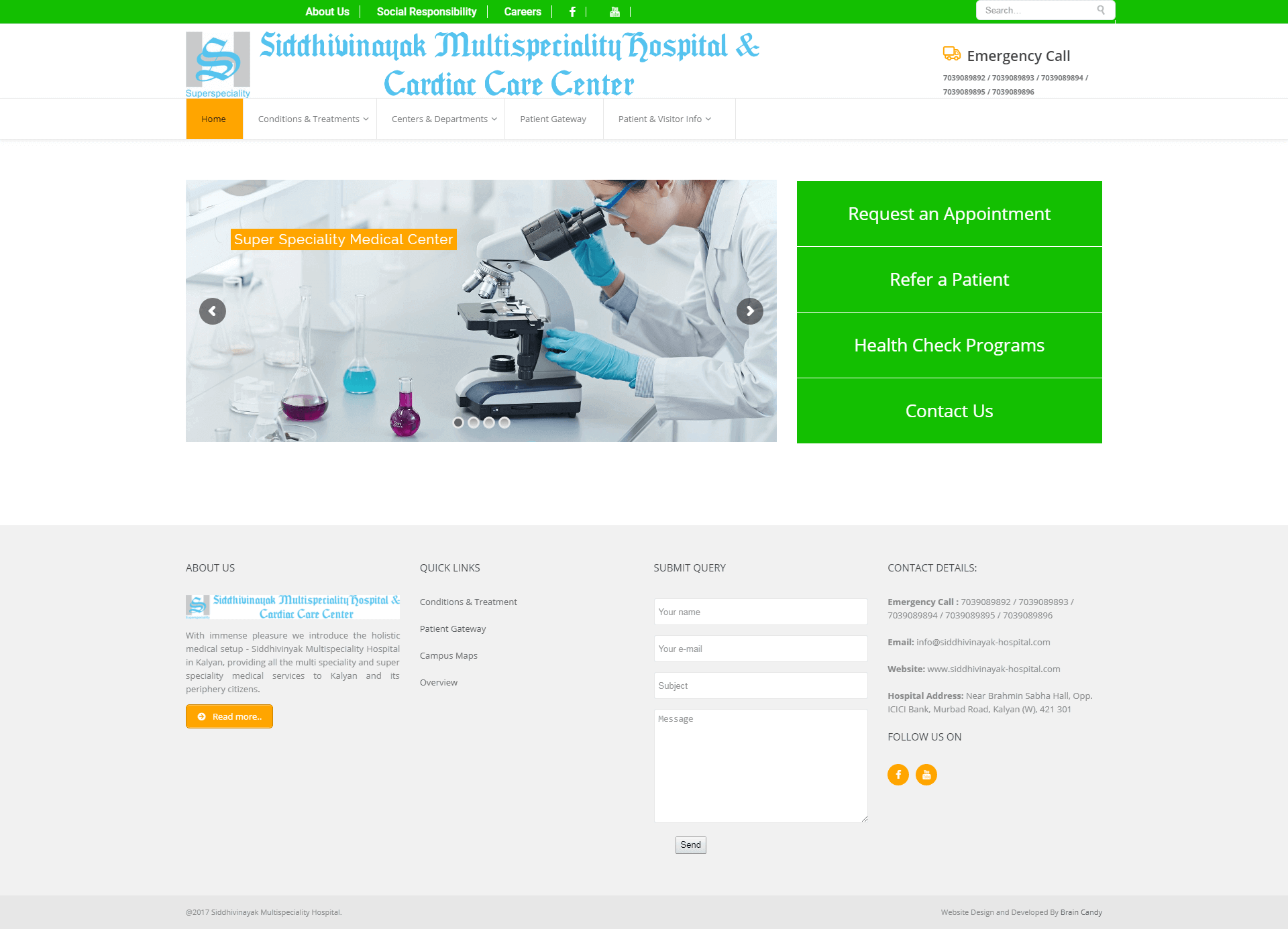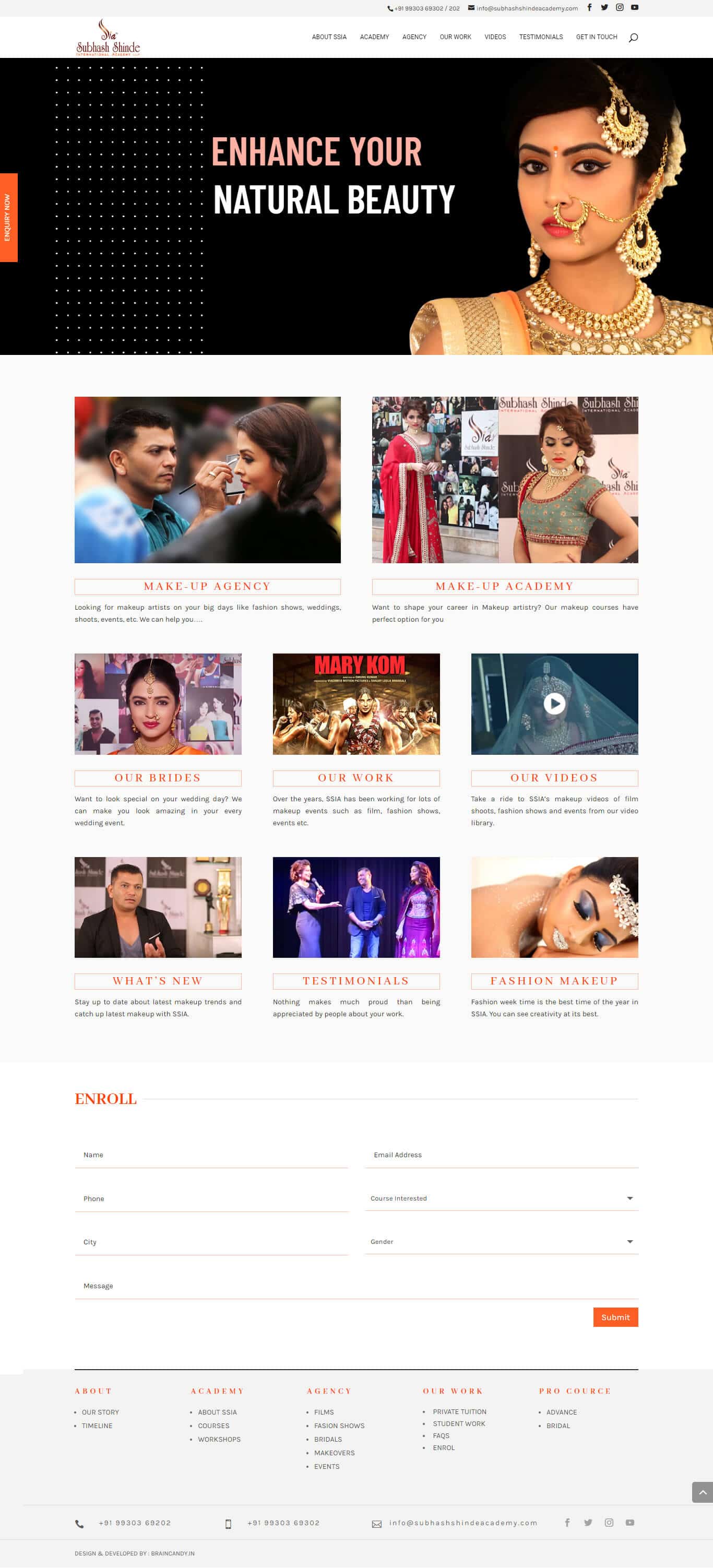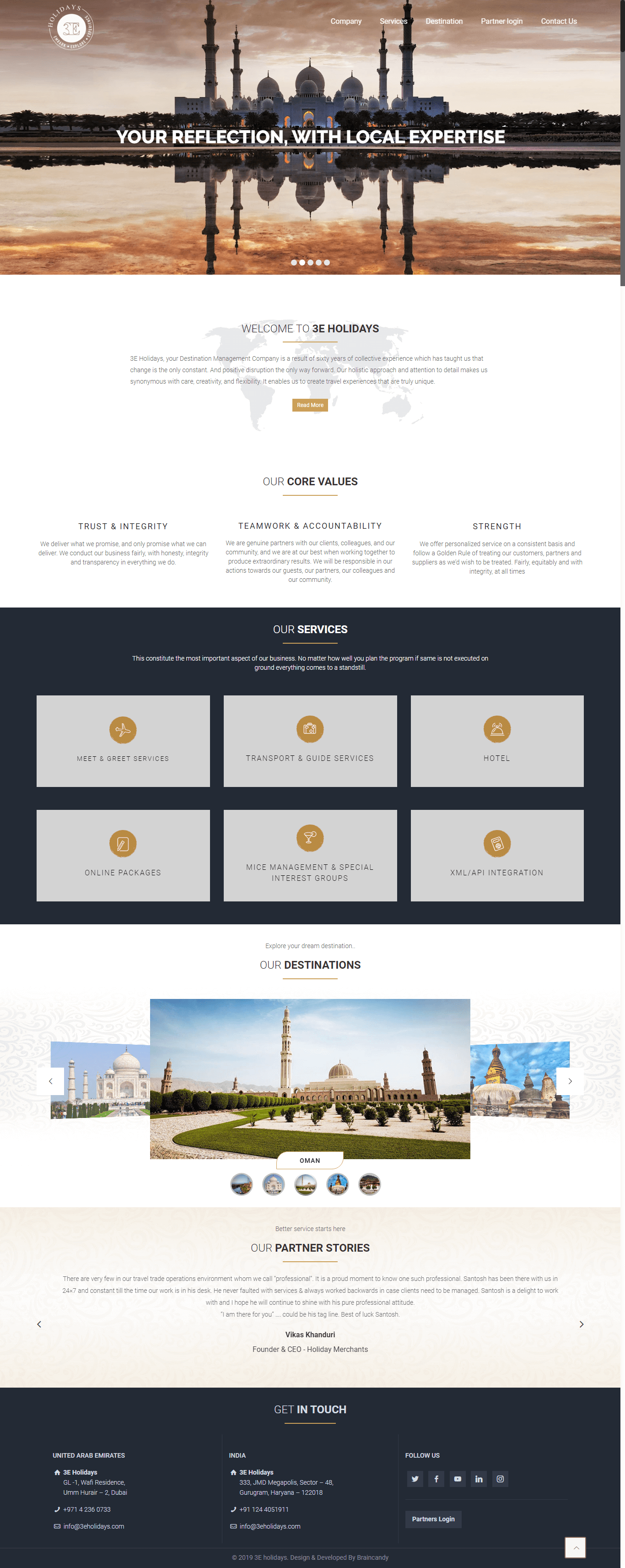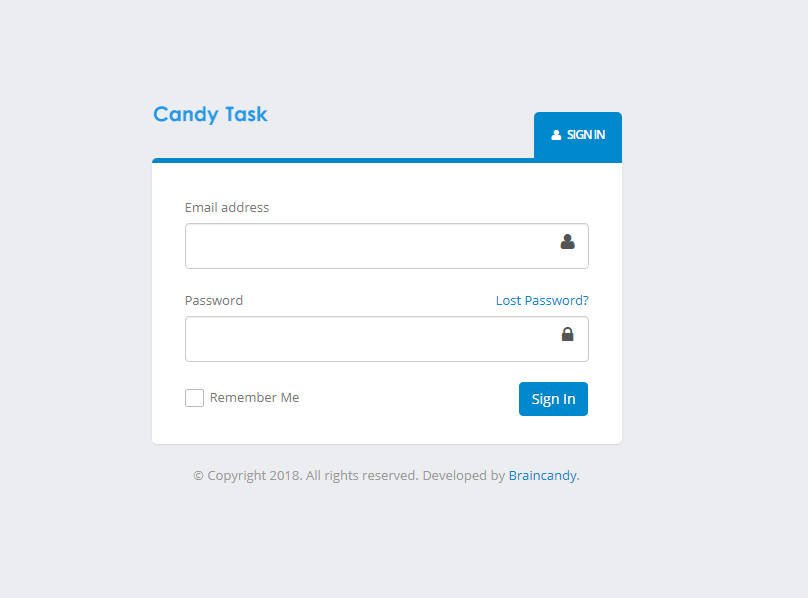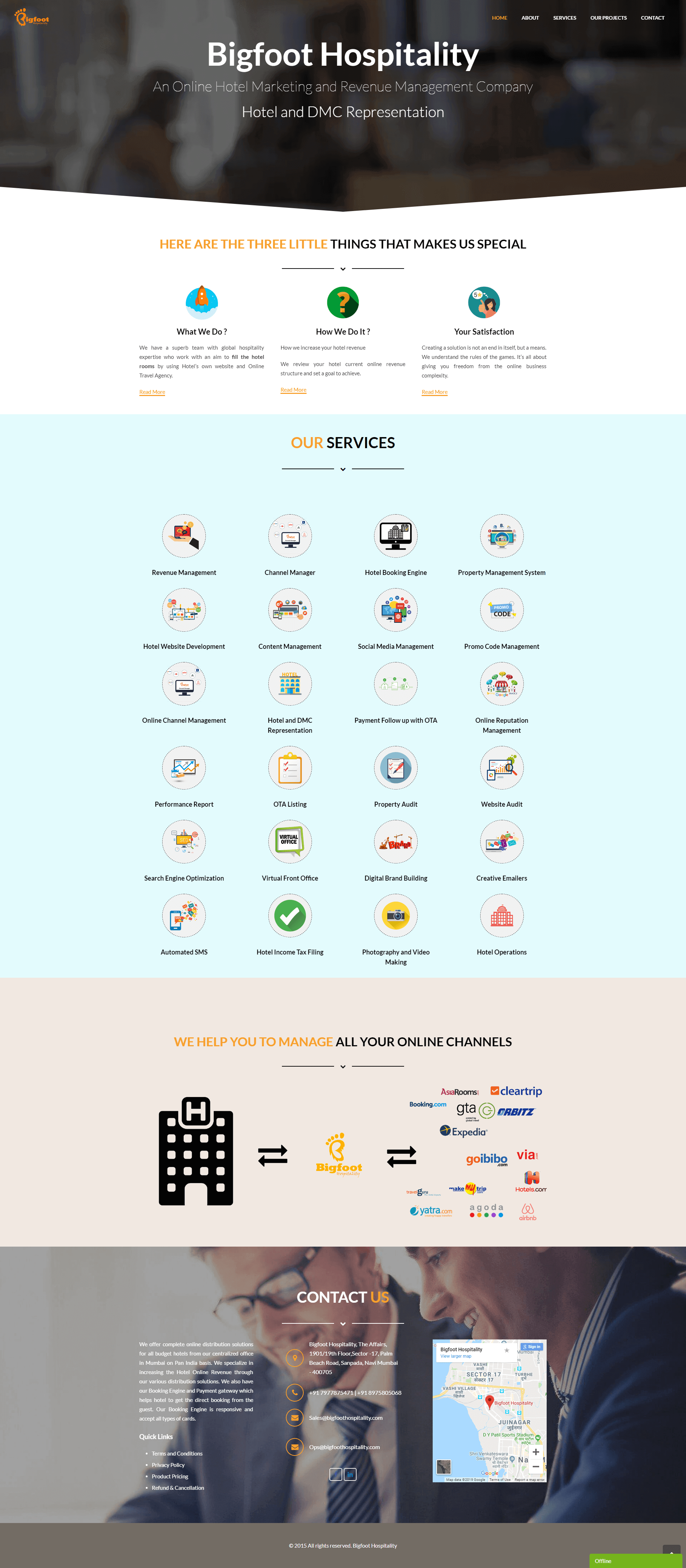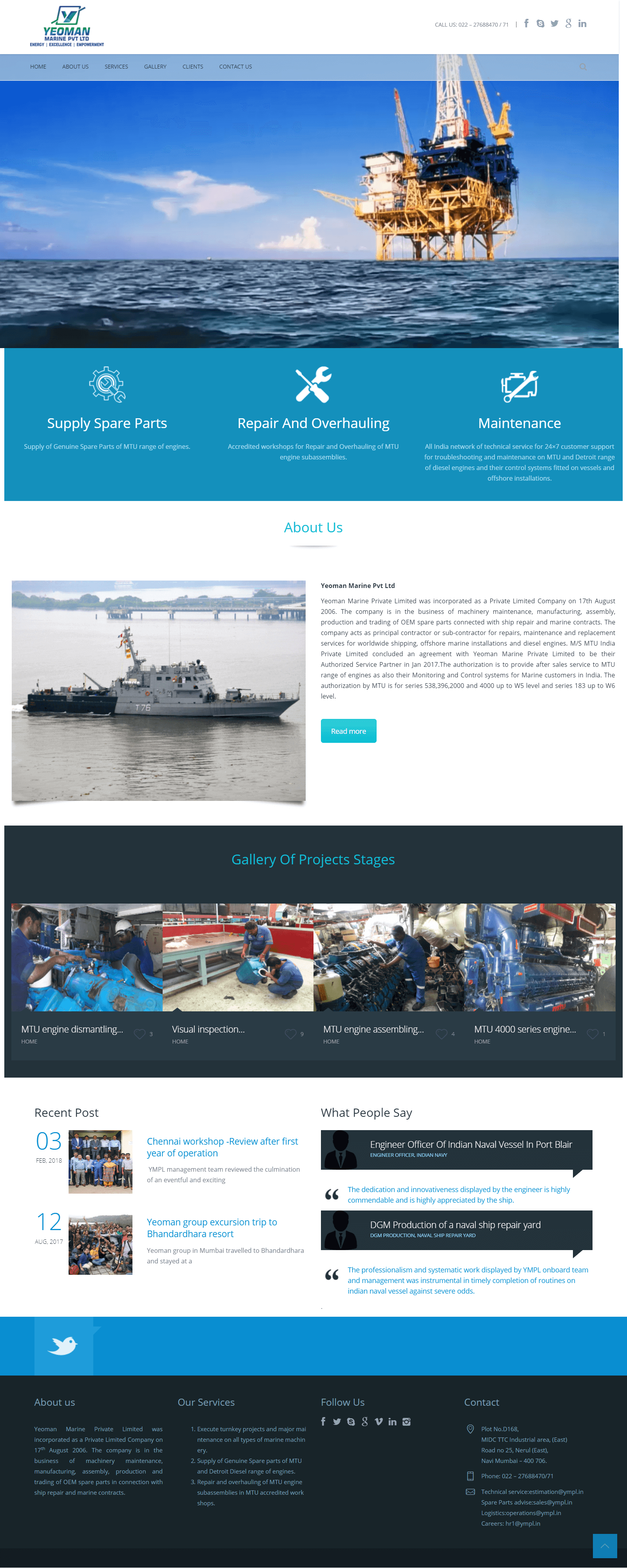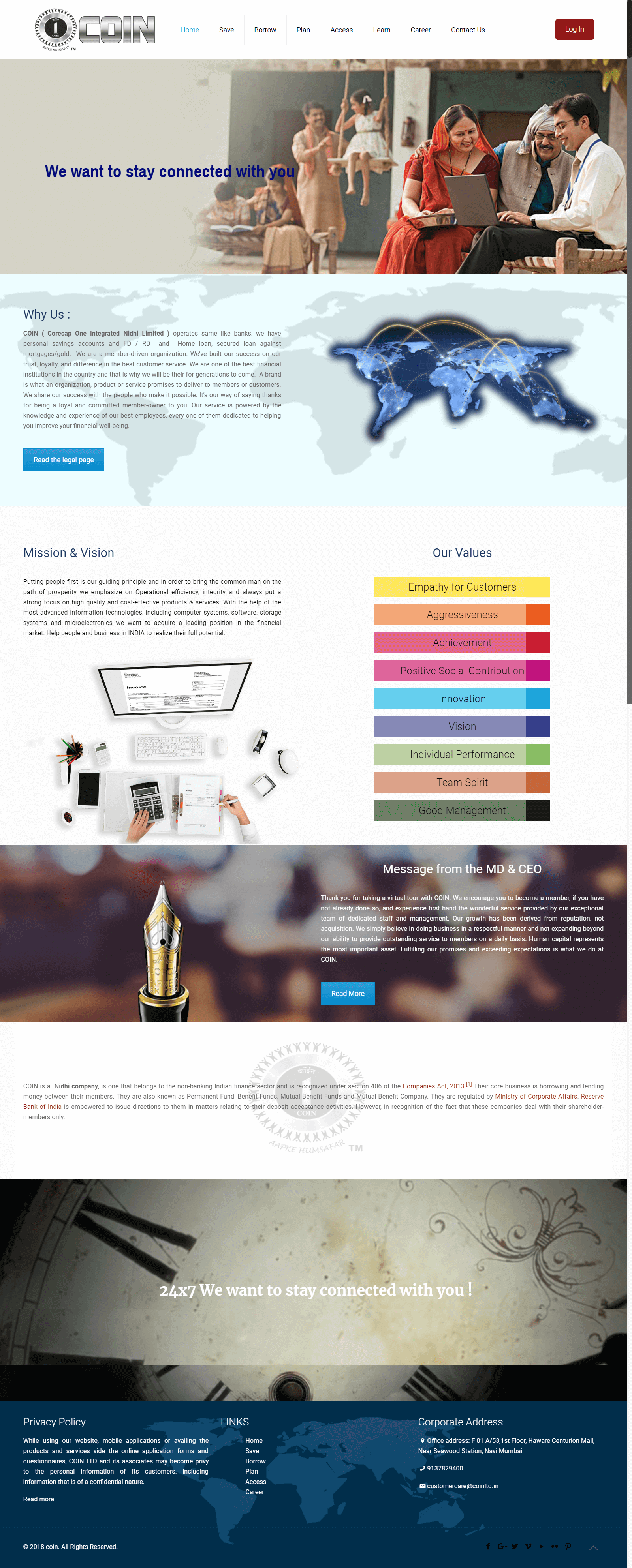06
Nov 2024
- BY braincandy
- POSTED IN Uncategorized
- WITH 0 COMMENTS
- PERMALINK
- STANDARD POST TYPE

Emerging trends in SEO are evolving rapidly, influenced by advances in technology and changes in user behaviour. Here are key trends businesses should focus on to remain competitive:
1. AI-Powered Search Algorithms
- Google’s AI Advancements: With updates like Google’s MUM (Multitask Unified Model) and continuous improvements in BERT, search algorithms are getting better at understanding complex queries and user intent. Optimizing for semantic search and focusing on natural language processing (NLP) is crucial.
- Content Creation Tools: Leveraging AI tools to aid content strategy, personalization, and keyword research can give businesses an edge.
2. Voice Search Optimization
- The growth of smart speakers and voice-activated devices has increased voice search usage. Businesses should optimize content for natural language queries and long-tail keywords that mimic how people speak.
3. Mobile-First and Core Web Vitals
- Mobile Usability: With Google’s mobile-first indexing, ensuring websites are optimized for mobile is non-negotiable.
- Page Experience: Core Web Vitals (loading speed, interactivity, visual stability) remain significant ranking factors. Optimizing these metrics can improve user experience and boost SEO performance.
4. Visual and Video Search
- Image and Video Content: Platforms like Google Lens and advancements in video recognition are making visual content more critical. Using high-quality images and videos, along with proper alt text and structured data, can enhance visibility.
- YouTube SEO: Given the increasing consumption of video content, optimizing for YouTube (titles, descriptions, and tags) is more essential than ever.
5. Featured Snippets and Zero-Click Searches
- Position Zero: Striving for featured snippets, knowledge panels, and other search elements that reduce the need for users to click through is key. Structuring content to answer questions succinctly helps capture these spots.
6. Local SEO and Hyper-Local Optimization
- Google Business Profile (GBP): Maintaining and optimizing local business profiles is essential, especially for businesses with physical locations.
- Localized Content: Tailoring content to specific regions and optimizing for “near me” searches will continue to grow in importance.
7. E-A-T and Authoritativeness
- Expertise, Authoritativeness, Trustworthiness (E-A-T): Google prioritizes content from reputable sources, so building a strong backlink profile, author bios, and transparent sourcing will help strengthen authority.
- User-Generated Content and Reviews: Leveraging reviews and credible testimonials can enhance trustworthiness.
8. Sustainability and Ethical SEO
- Eco-Friendly Practices: As consumers become more environmentally conscious, businesses that demonstrate green and ethical practices can leverage this as part of their SEO strategy to attract eco-aware audiences.
9. Interactive Content and Engagement
- Quizzes, Polls, and Interactive Graphics: These elements not only engage users but can also reduce bounce rates and increase time on site, which positively impacts SEO.
10. Personalized User Experience
- Dynamic Content: Serving personalized content based on user behavior and data can increase relevance and engagement. This requires careful balancing to comply with privacy regulations.
Staying updated and adapting to these SEO trends can position businesses to improve their visibility, attract targeted traffic, and stay competitive.

